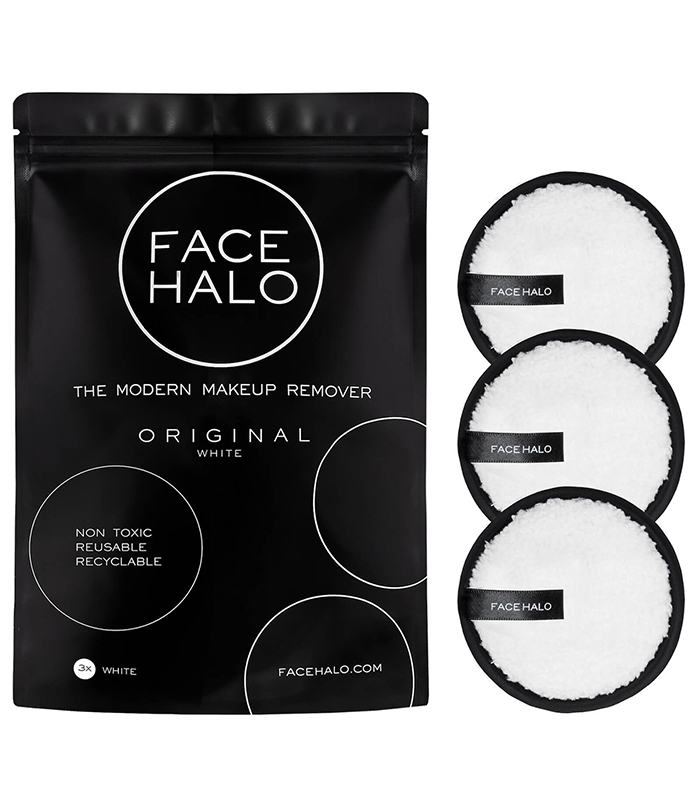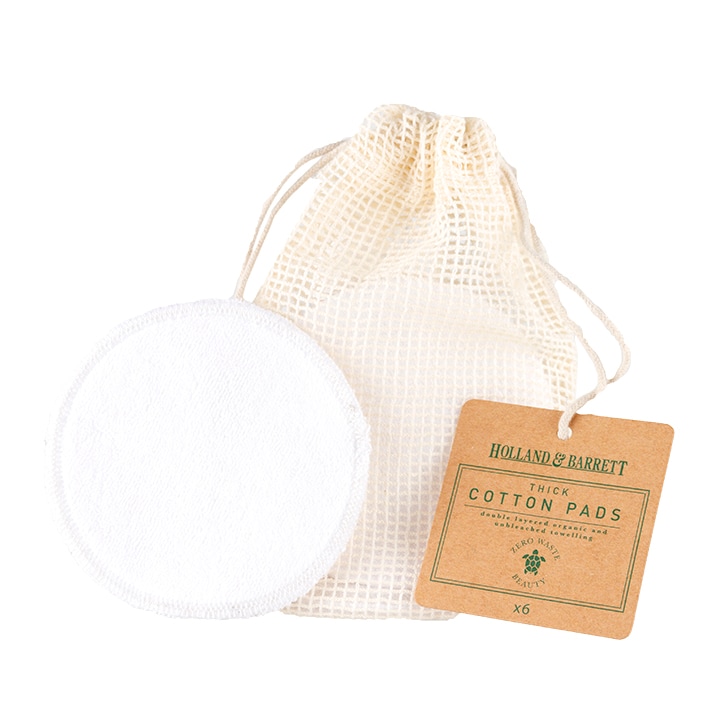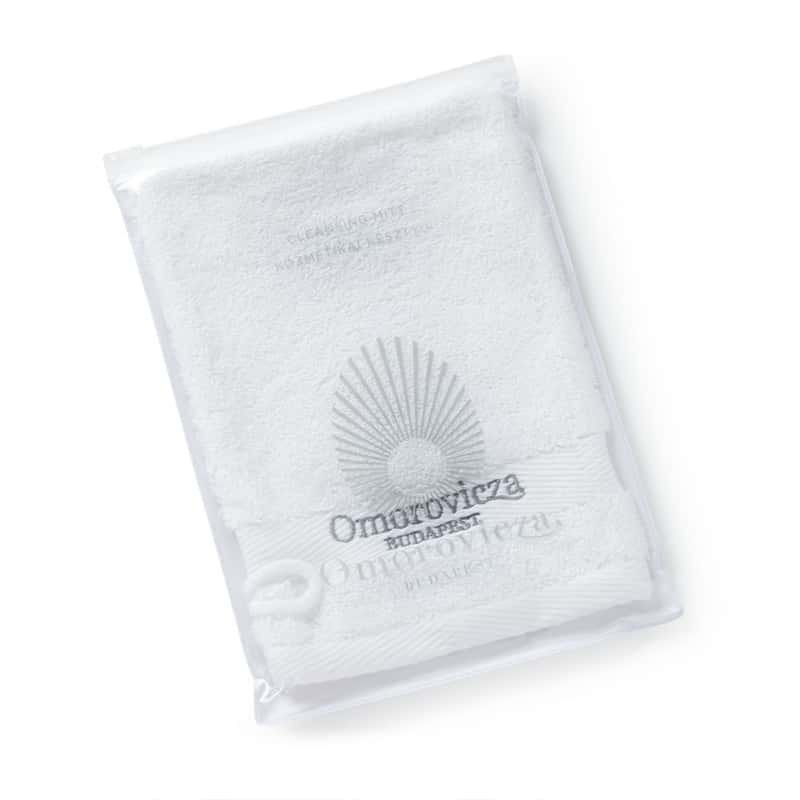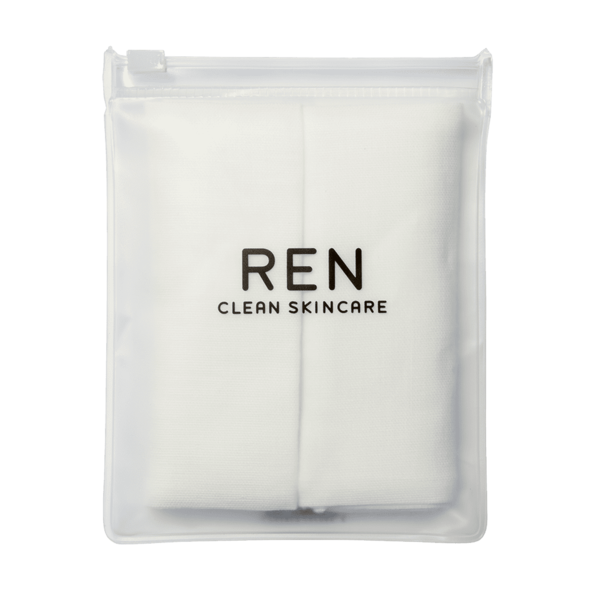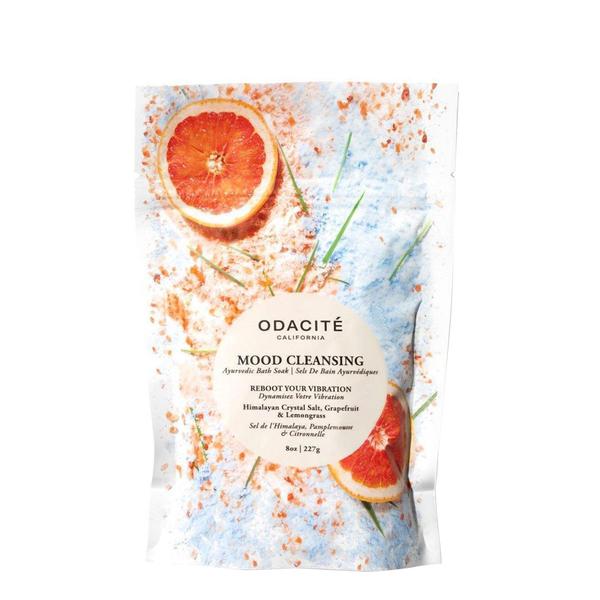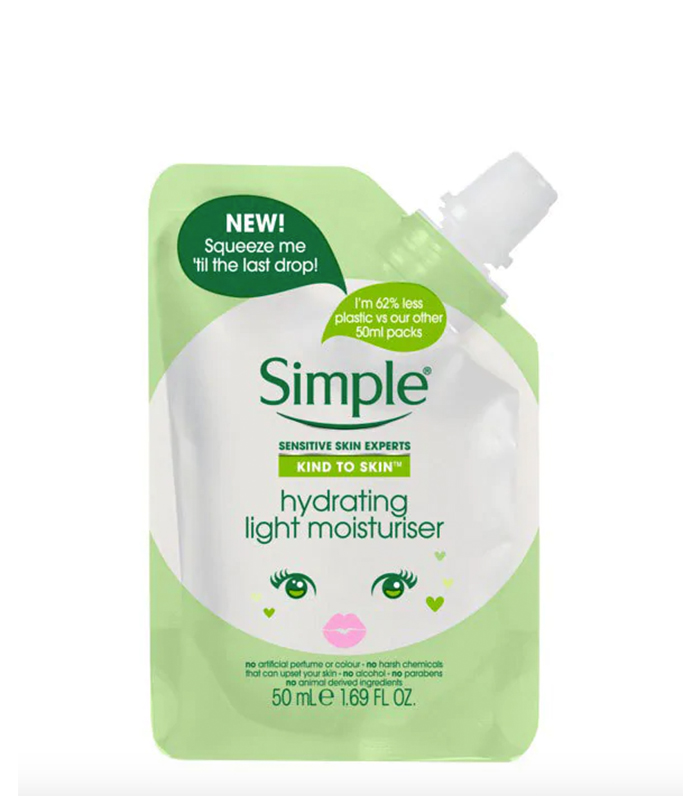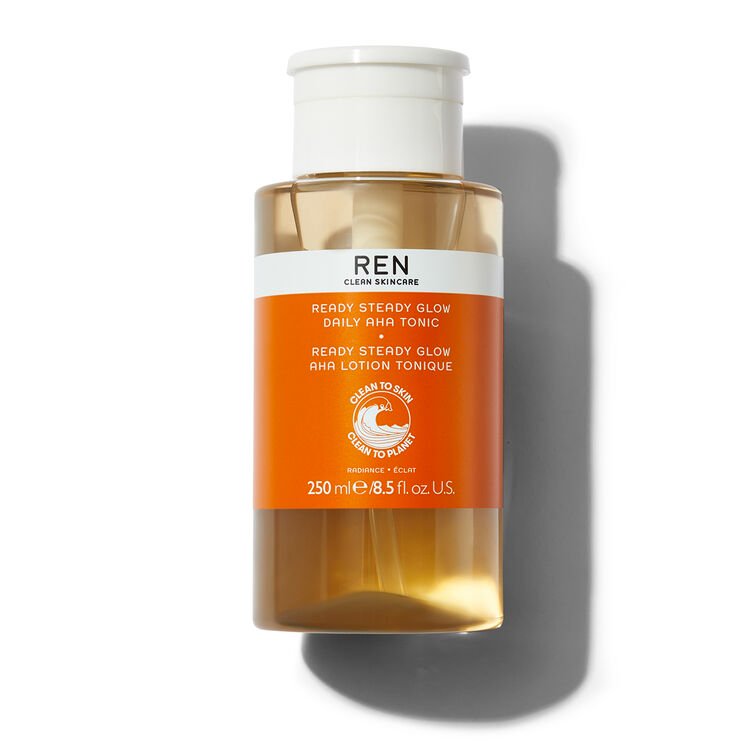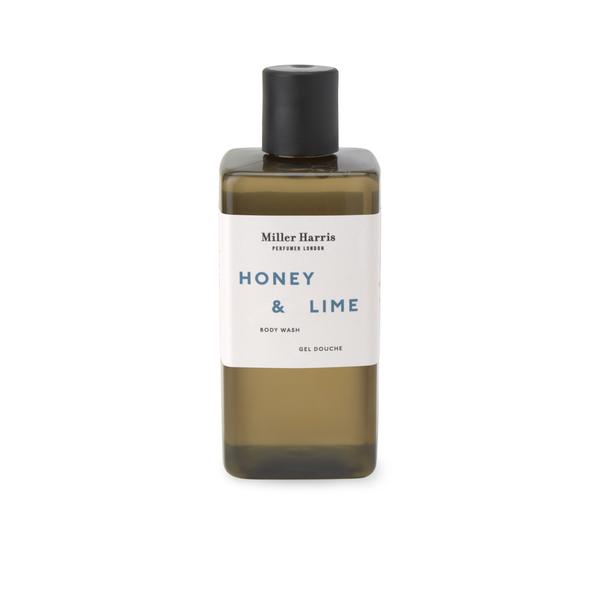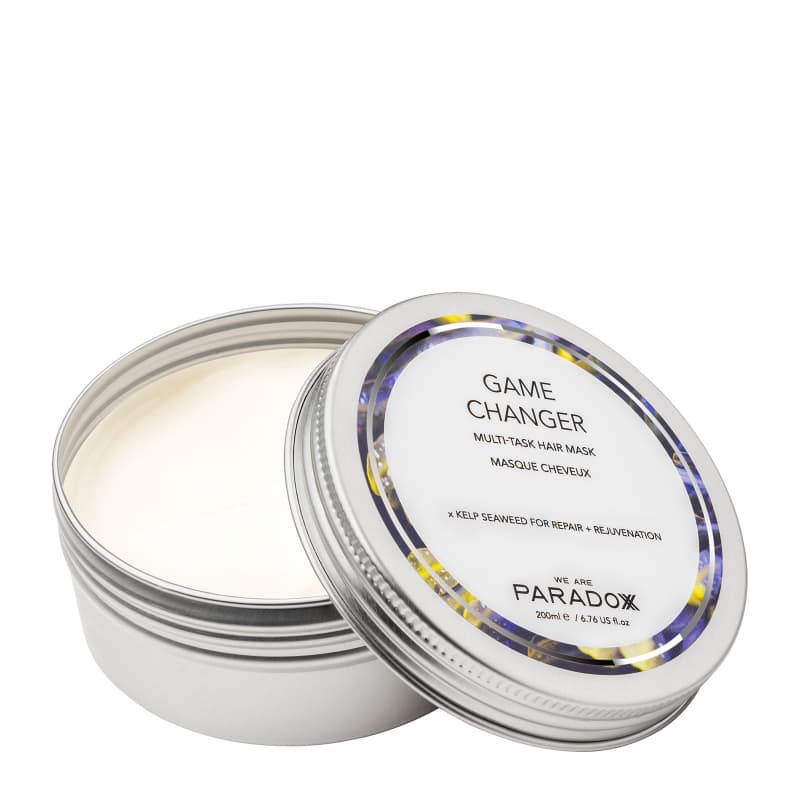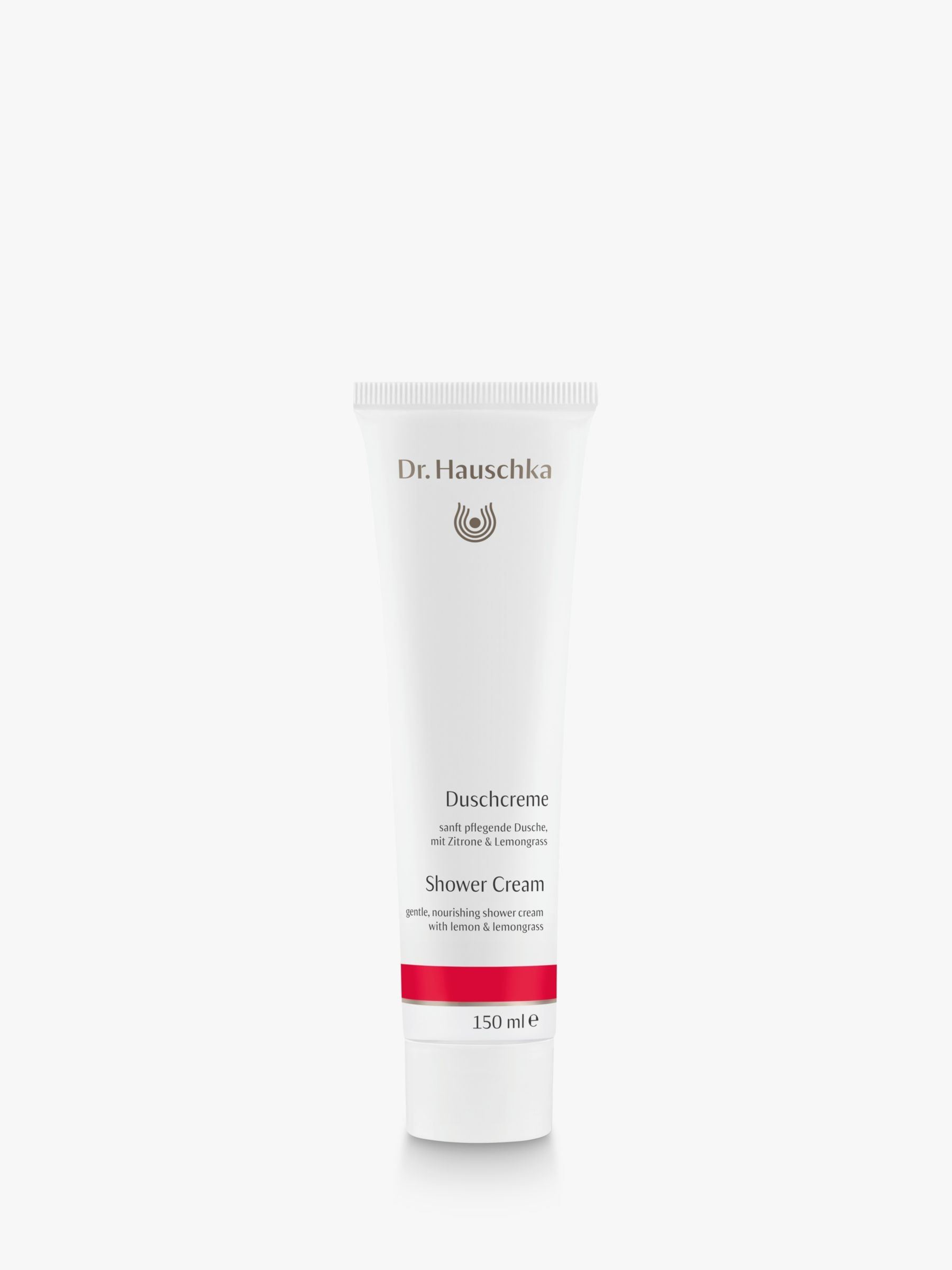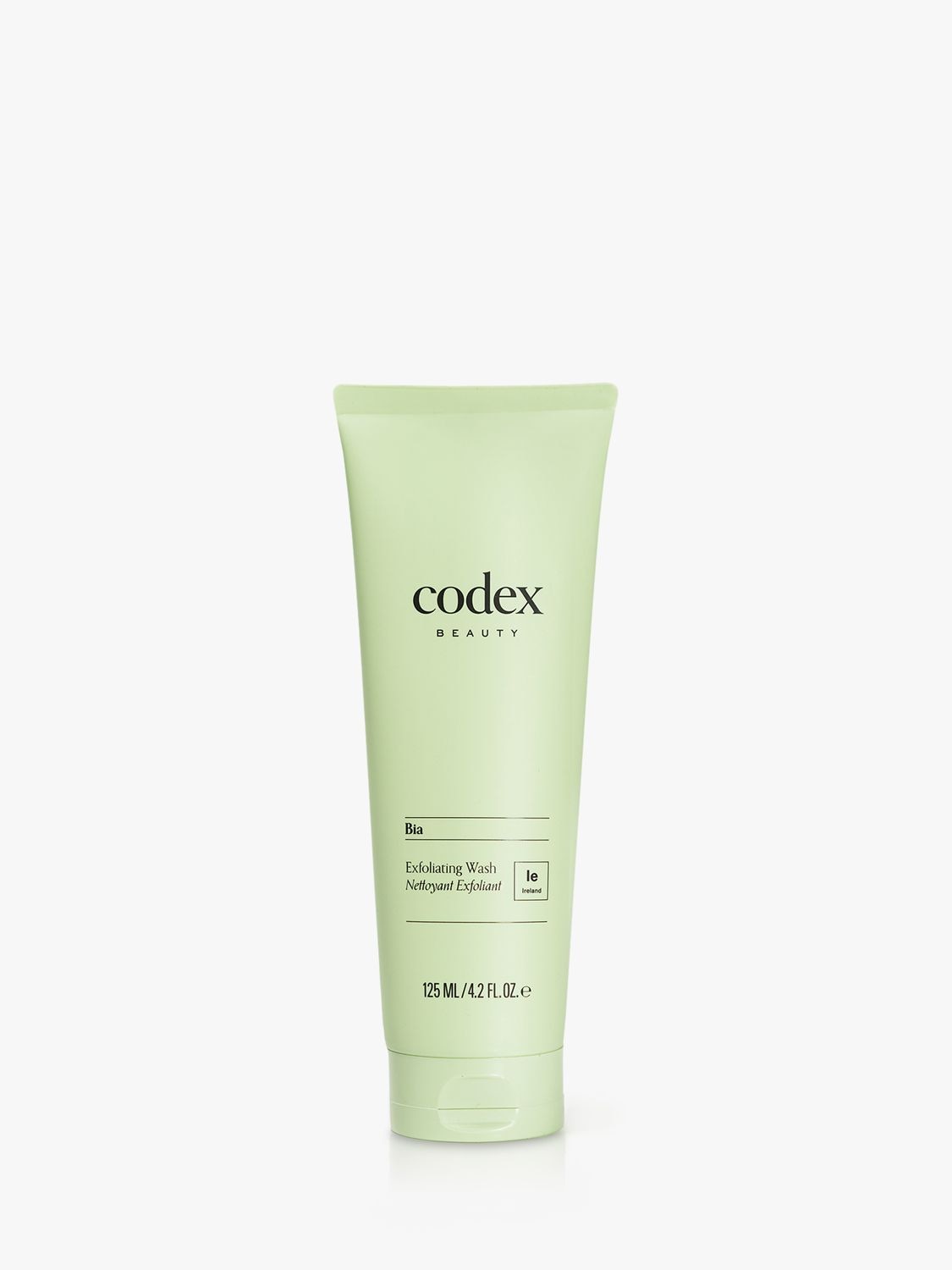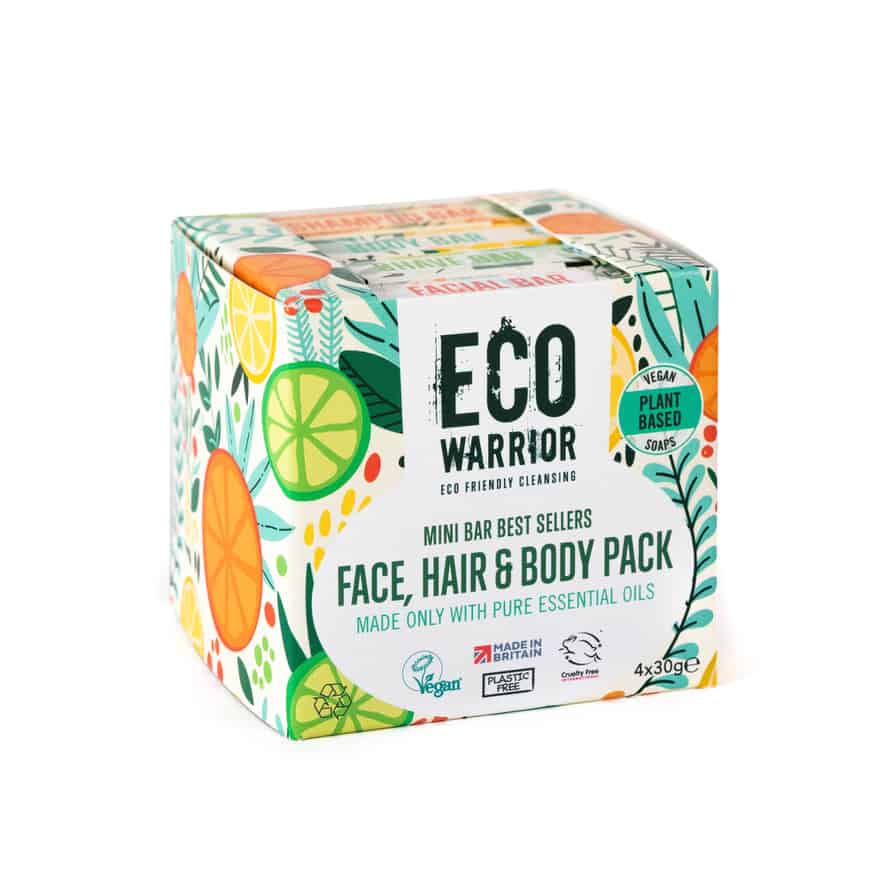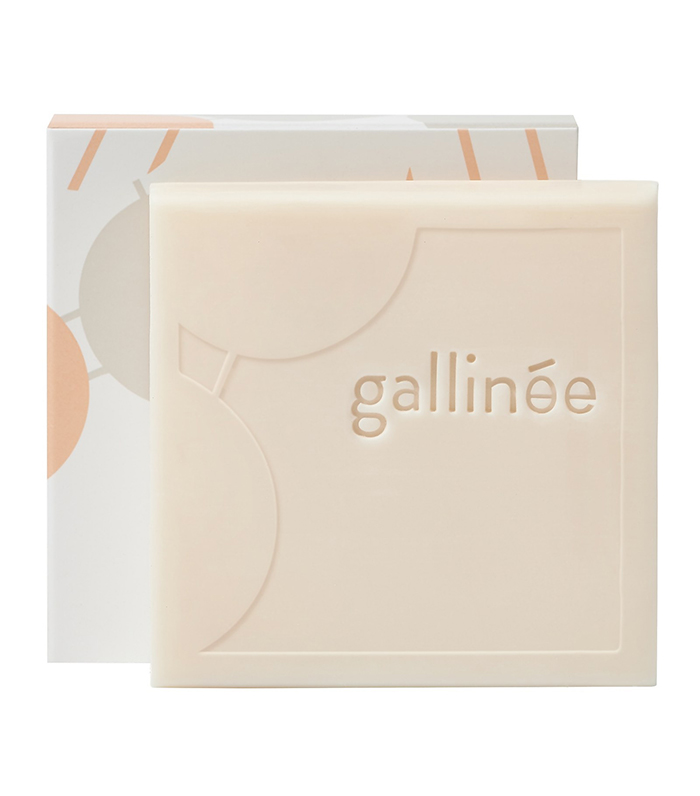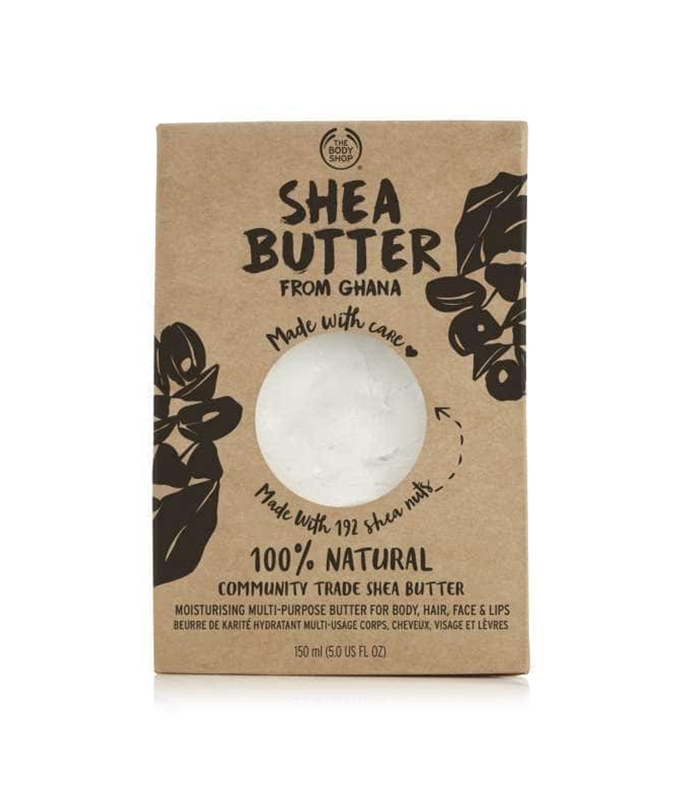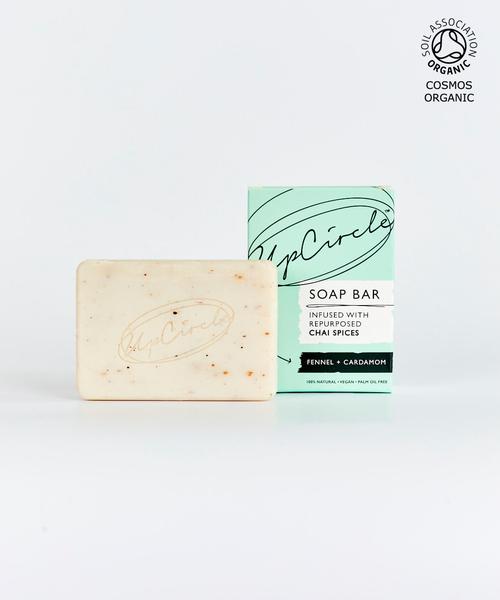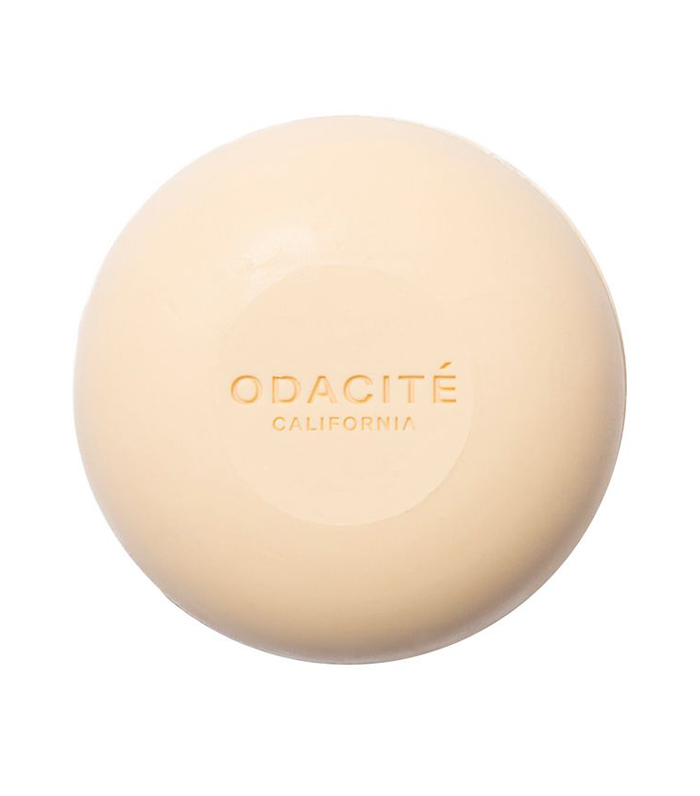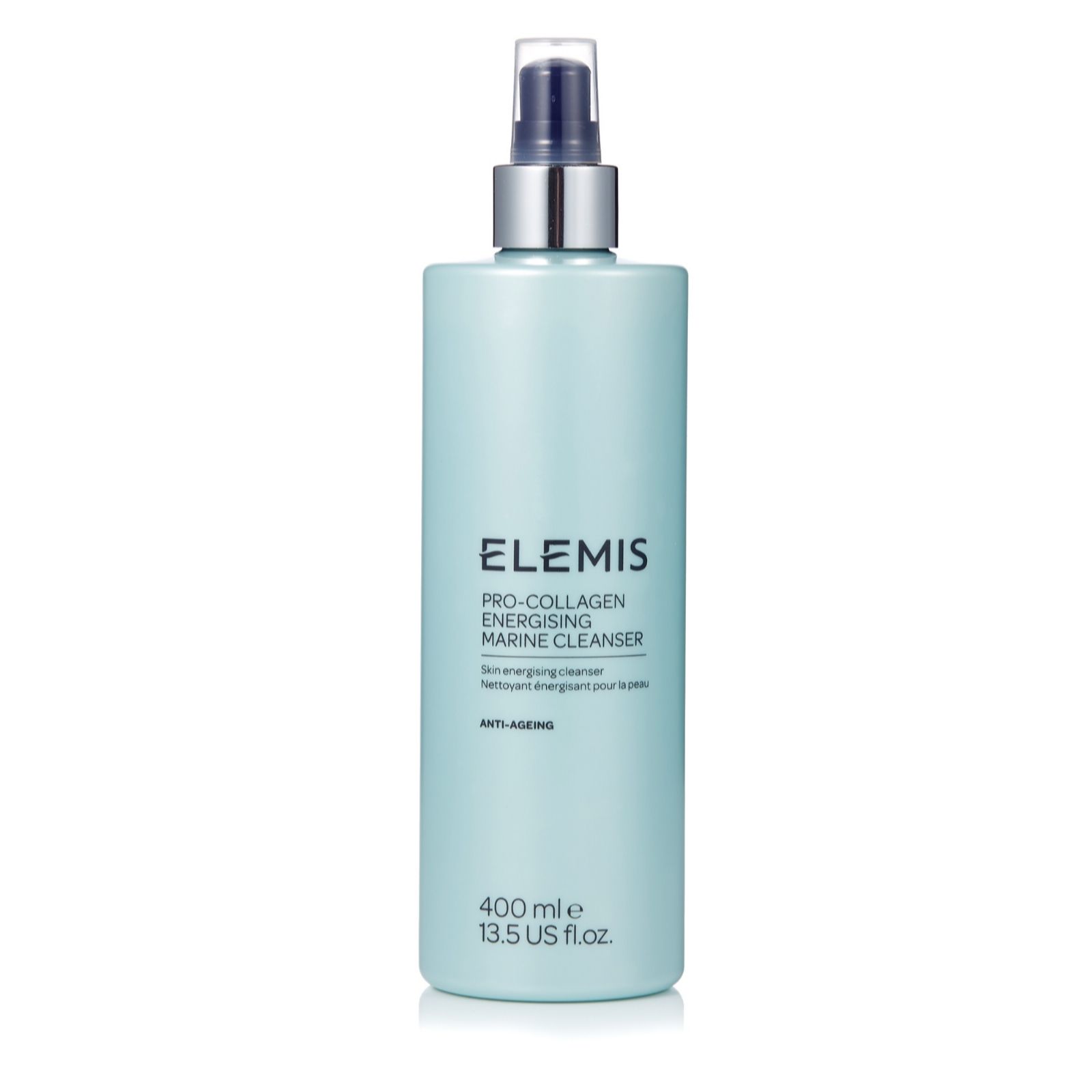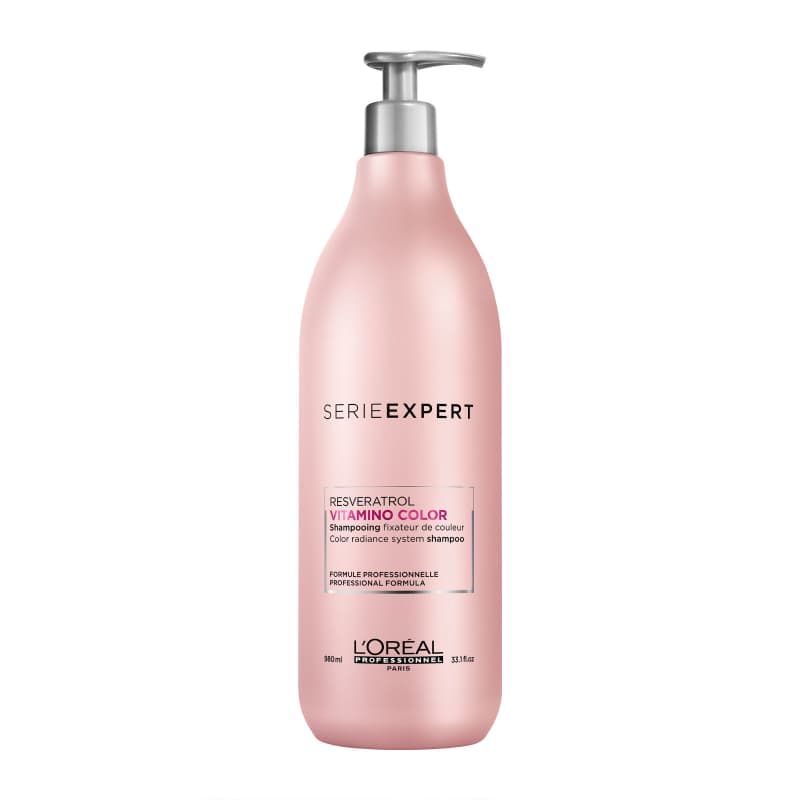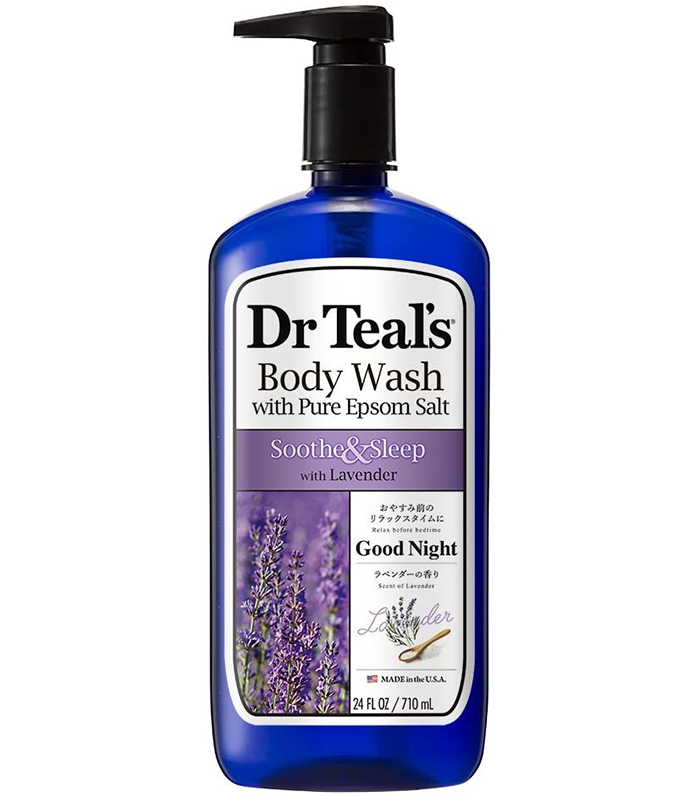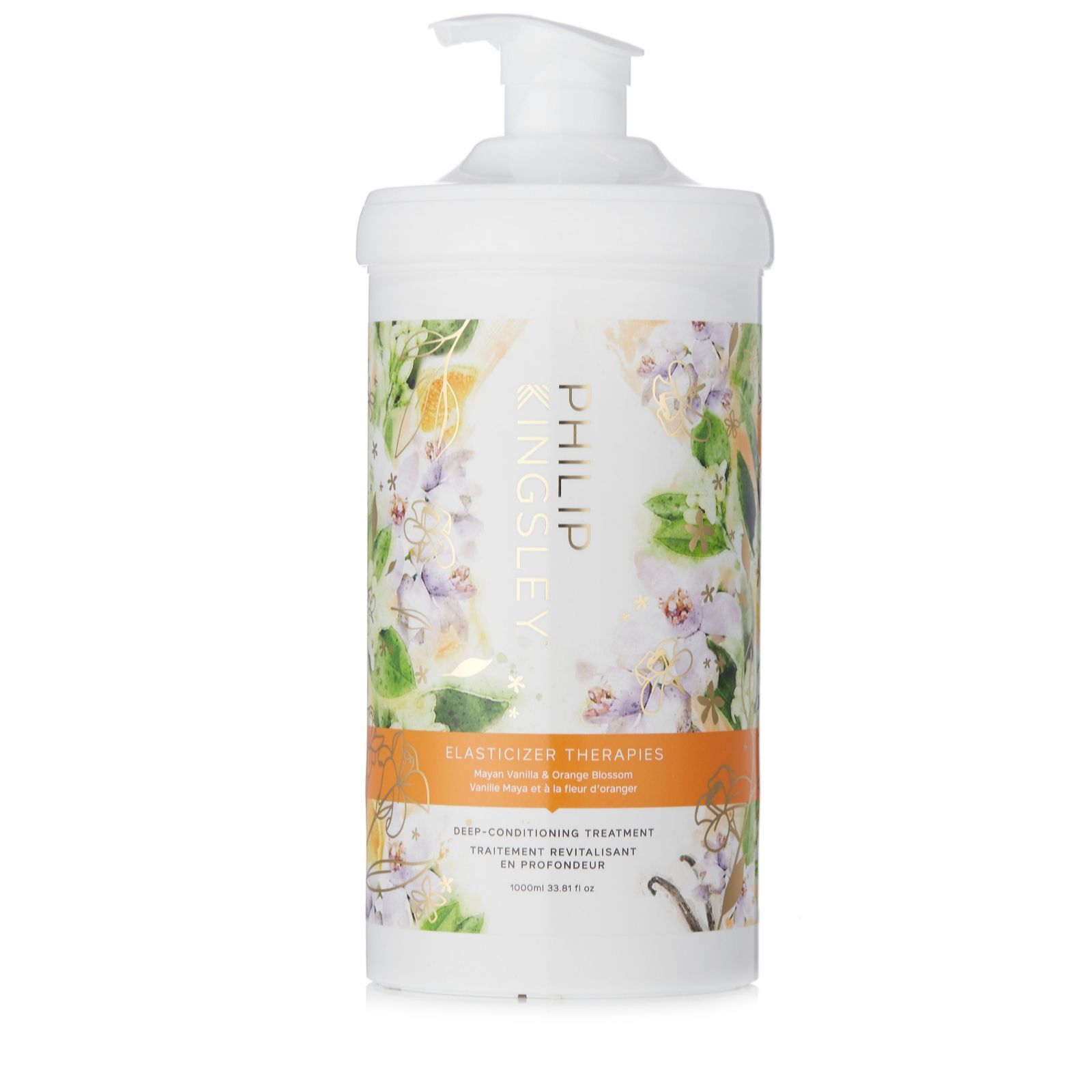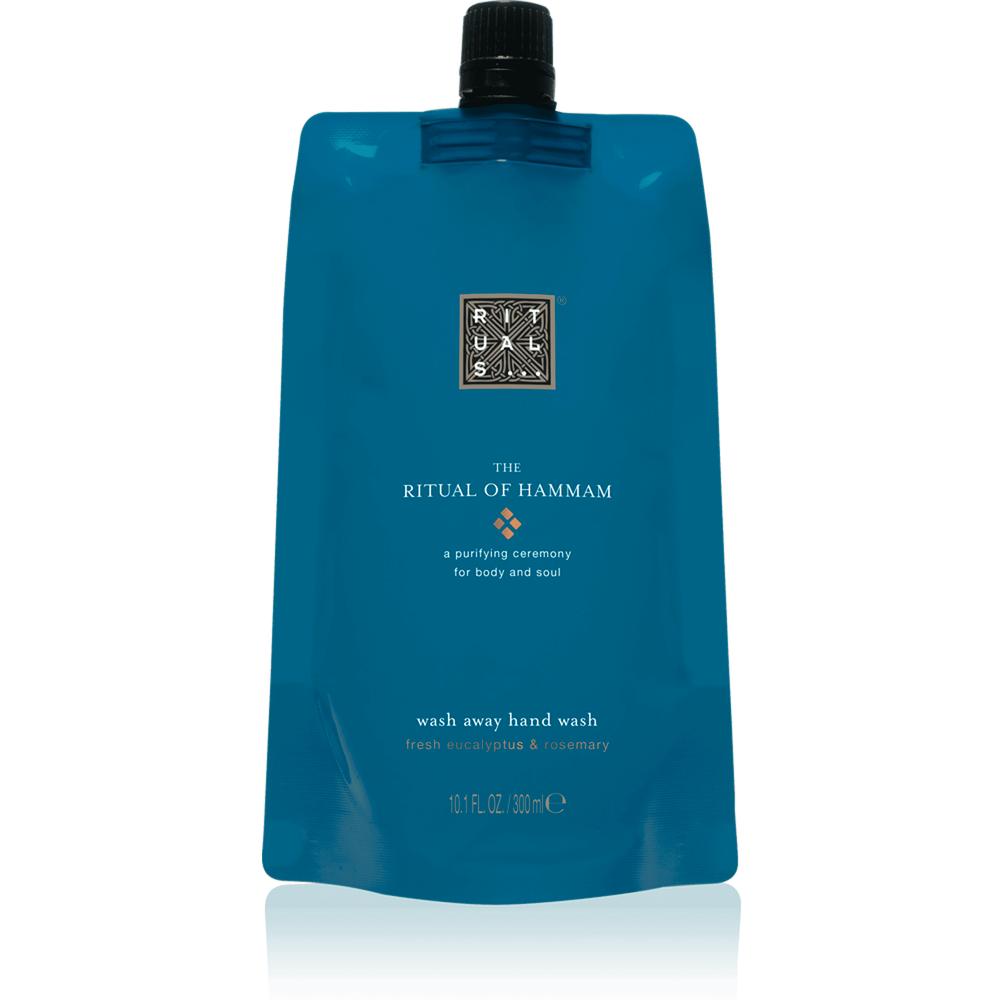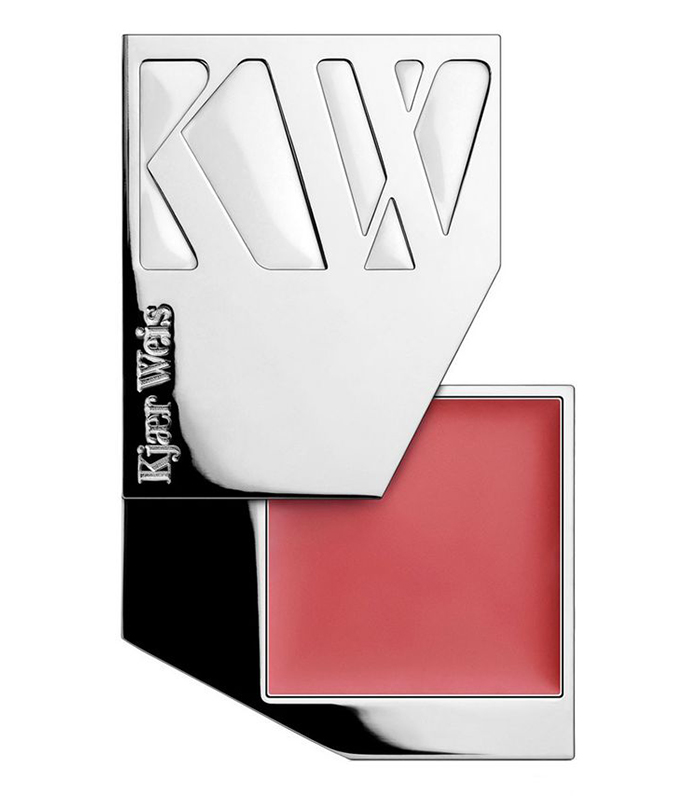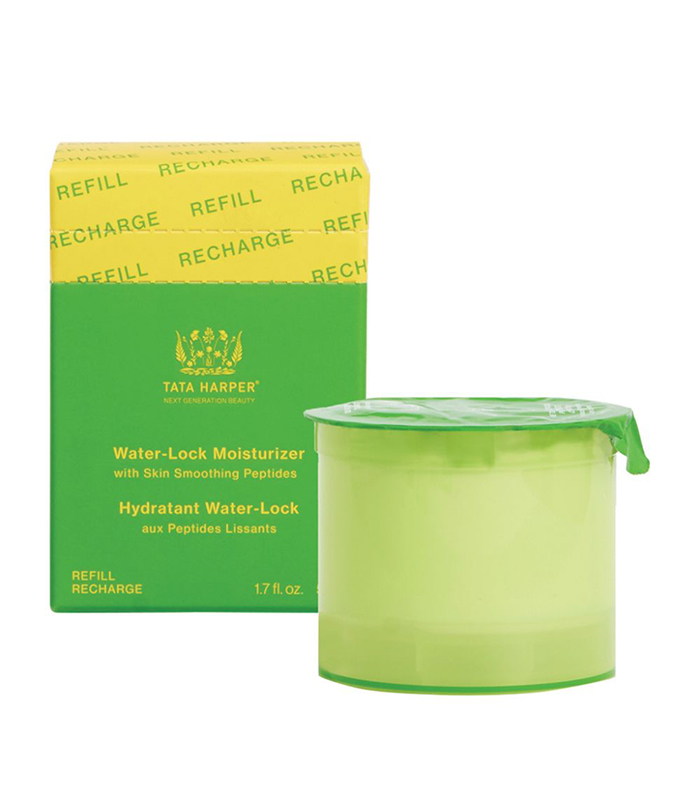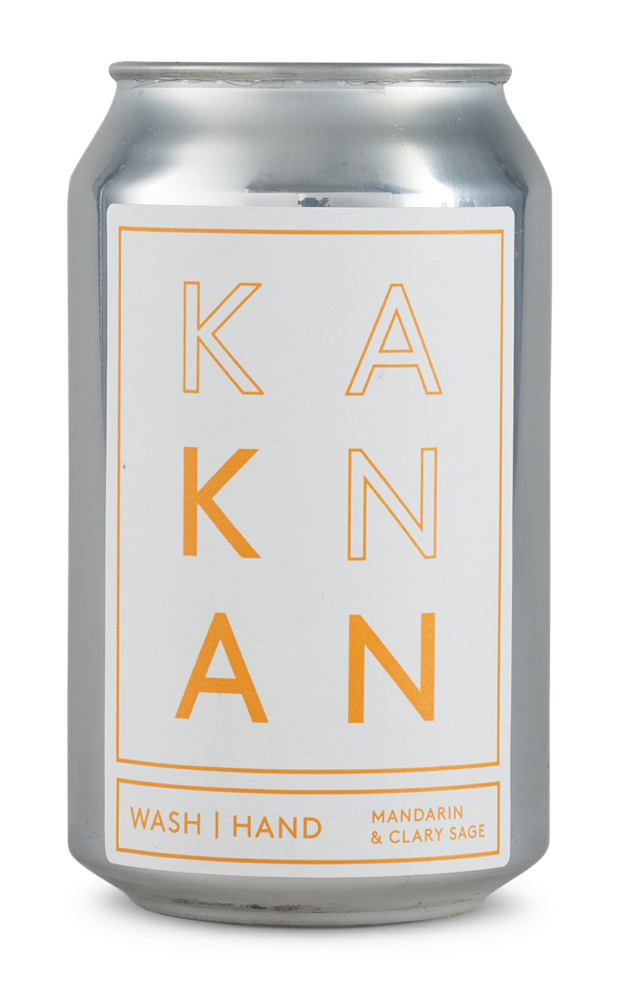6 Ways to Make Your Beauty Routine More Sustainable
No matter what your stance on the climate crisis may be, one thing is for sure: Us humans know how to consume. In fact, consume is just about all we do, and with consumption comes a whole bunch of waste. Sadly, whether we’re throwing out non-recyclable plastics or recyclable glass, the very act of our consumption is set to have an effect on the state of the planet.
And sadly, as time has gone on, our consumption has worsened. According to data, in 1950, global carbon dioxide emissions were around 5 billion tonnes. By 2017, they were around 36 billion tonnes, with further increases reported over 2018 and 2019. And it’s not just carbon emissions from manufacturing and transportation that we should be thinking about. Studies show that, if plastic consumption doesn’t change by 2050, the seas will contain more plastic than fish.
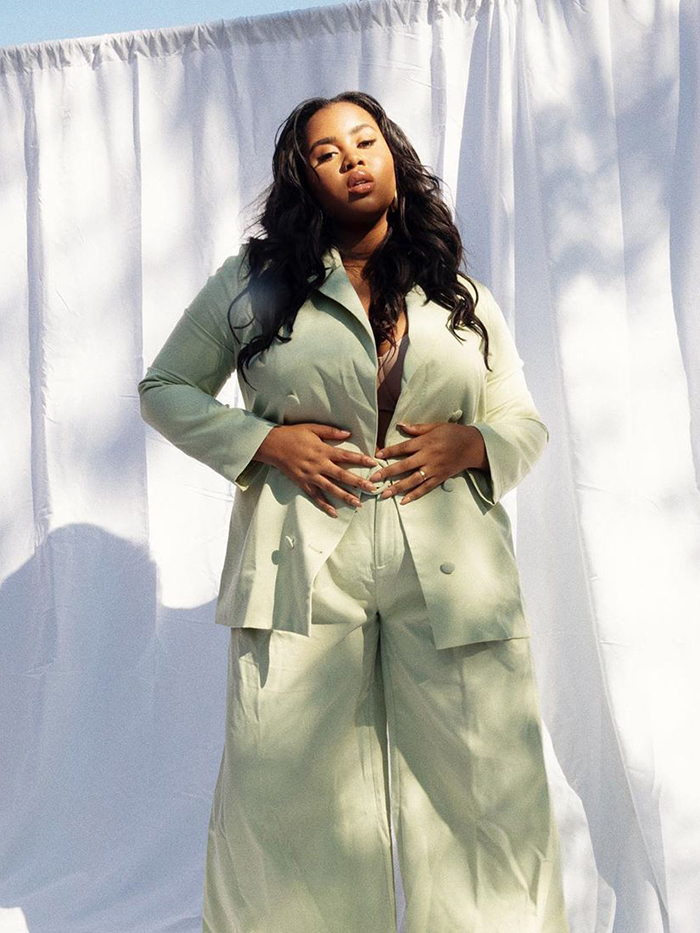
So what’s all of this got to do with our beauty routines? Well, it turns out an awful lot. According to Zero Waste Week, more than 120 billion units of packaging are produced globally every year by the cosmetics industry. And as consumption habits have no doubt changed over recent months, we think now is the perfect time to sit down and reassess how sustainable our beauty routines really are.
The truth is, it’s now easier than ever to shop eco-friendly beauty. From opting for plastic-free products to adopting huge sustainability initiatives, beauty brands around the world are starting to think more consciously about the products they are producing and how they are producing them. But if you ask us, although thinking about the brands you’re buying from might make a small difference, real change is made when we start re-evaluating our beauty habits as a whole. So if you’re desperate to start making your beauty routine more eco-conscious, keep scrolling for our top tips.
Cut Out Cotton Wool and Wipes
We all know that face wipes are pretty much the devil for both our skin and the environment. However, while on the surface, cotton wool might seem like a perfectly environmentally-friendly alternative (it is, in theory, biodegradable), there are actually a whole bunch of reasons we should be cutting it out of our routines. Most of the time, the cotton wool we’re using actually isn’t fit for compost. First of all, it’s bleached, and secondly, a lot of the chemicals we use on the cotton wool itself (think nail varnish and remover) don’t tend to meet composting requirements. On top of this issue, the very process of growing single-use cotton products and the treatment processes make it extremely wasteful.
So what can we do instead? Well, reusable options such as washable cotton pads, muslin cloths and even flannels do exactly the same thing (maybe even a better job) and all you have to do is stick them in the wash between uses.
Shop Cotton Pad Alternatives
Go Lightweight
While things like cutting down plastic consumption might be an obvious sustainable choice, this one is much lesser-known. It turns out that while opting for glass products might seem like the better option at first due to their recyclable nature, actually, the weight of glass when it comes to transporting products could make them a less environmentally friendly option. You see, the heavier a load is, the more energy it takes to move it, therefore, negatively impacting that product’s carbon footprint. Our solution? Opt for lightweight packaging options instead.
Shop Products With Reduced Packaging
Think About Packaging
It might seem obvious from what we’ve already gone through but packaging might not always be as it seems. For instance, many brands including Ren Clean Skincare, Miller Harris and Dr Hauschka are starting to make the switch to Post-Consumer Recycled Plastic to house their products. This means that the plastic used to create the bottles for new products has been made from recycled plastic.
Alternatively, opting for easily recyclable, lightweight packaging makes a great substitute for plastic or glass. For example, brands such as We Are Paradoxx use easily disposable aluminium packaging. Similarly, plastic alternatives such as the renewable sugar cane used by brands such as Codex Beauty are becoming increasingly popular.
Shop Products in Sustainable Packaging
Switch to Bars
The only thing better than changing the packaging you usually opt for? Ditching it all together. That’s right—there is a huge choice of beauty products that now don’t require any packaging at all. From shampoo bars to cleansers, there are now packaging-free options for most products. Simply lather them up in your hands and use as you usually would any other product. Another plus is that they usually look incredibly chic when stationed on a fancy soap dish, too.
Shop Bar Products
Go Large
Okay, we get that buying big, bulky beauty products doesn’t always seem like the most sensible of things to do, but hear us out. You see, actually, the larger the product is, the longer it will last. The benefits of that for the environment are undeniable. Say you go through three cleansers over a six-month period, you might only have to go through one supersize product in the same timeframe, thereby dramatically reducing your waste. Plus, they’re usually way better value for the money.
Shop Supersize Products
Opt for Refills
If you’re not sold on the idea of going packaging-free or even opting for pouches, there are ways that you can still hold onto your bottles. More and more brands are now offering refill options. Simply buy the product first time around and buy a refill (which uses substantially less packaging) to fill up the bottle.
Shop Refillable Products and Refills
Shannon Lawlor is the beauty director at Who What Wear UK. With over a decade of experience working for some of the beauty industry’s most esteemed titles, including Marie Claire, Glamour UK, Stylist and Refinery29, Shannon’s aim is to make the conversation around beauty as open, relatable and honest as possible. As a self-confessed lazy girl, Shannon has an affinity for hard-working perfumes, fool-proof makeup products and does-it-all skincare.
-
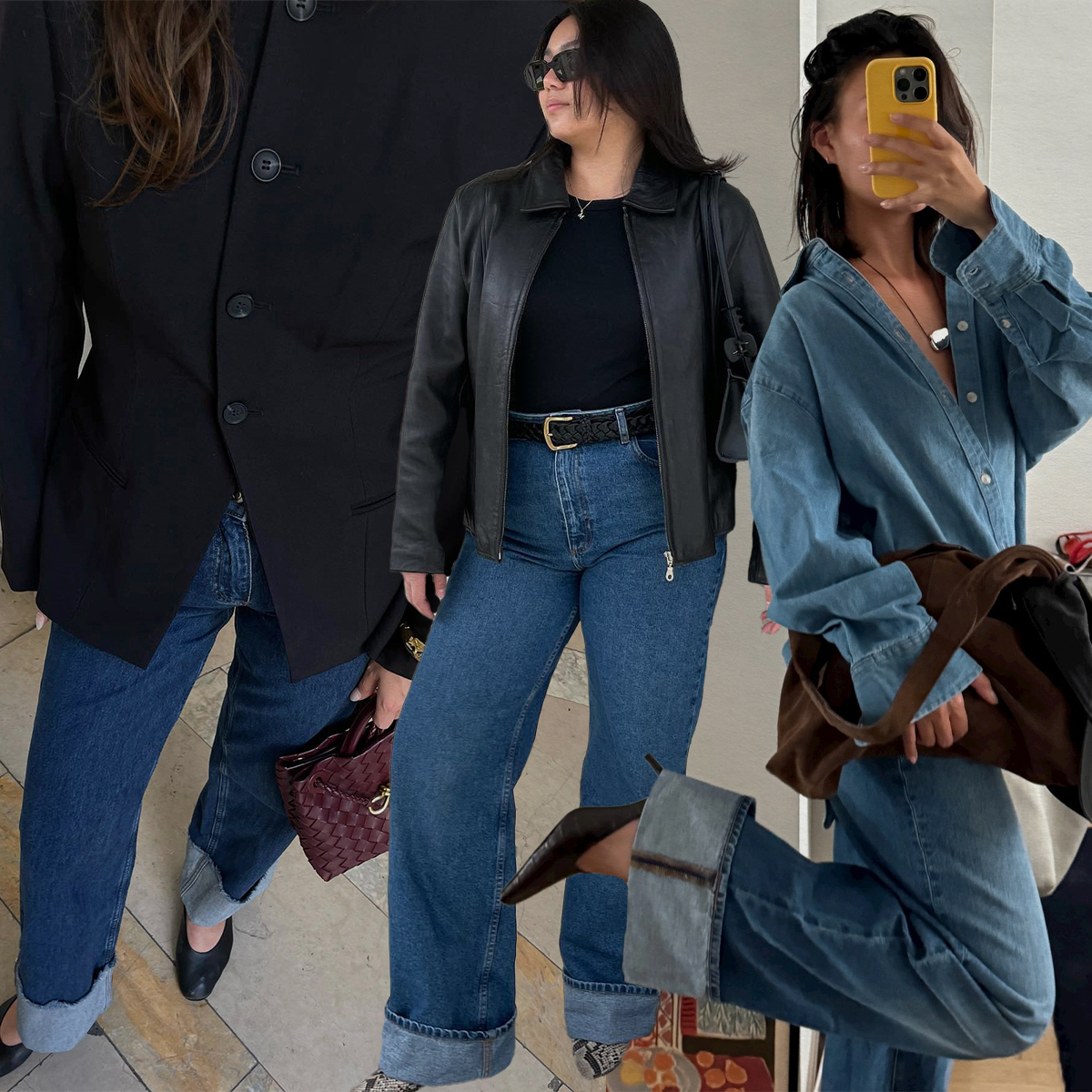 I Called the Cuffed Jeans Trend—7 Shoes Fashion People Are Wearing With the Chic Denim Style
I Called the Cuffed Jeans Trend—7 Shoes Fashion People Are Wearing With the Chic Denim StyleStyle the jeans like a fashion person.
By Jennifer Camp Forbes
-
 All Your Favorite Celebs Book This Lymphatic Drainage Expert Before Events—I Scored Her At-Home Tips
All Your Favorite Celebs Book This Lymphatic Drainage Expert Before Events—I Scored Her At-Home TipsGenius de-puffing tricks ahead.
By Jamie Schneider
-
 I Thought I Was Over This "Juvenile" Nail Color, But Rihanna Just Convinced Me Otherwise
I Thought I Was Over This "Juvenile" Nail Color, But Rihanna Just Convinced Me OtherwisePerfect for summer.
By Jamie Schneider
-
 Lisa Just Co-Signed Selena Gomez's Go-To Date-Night Nail Color—I'm Sprinting to My Manicurist
Lisa Just Co-Signed Selena Gomez's Go-To Date-Night Nail Color—I'm Sprinting to My ManicuristThis shade stretches way past Valentine’s Day.
By Alyssa Brascia
-
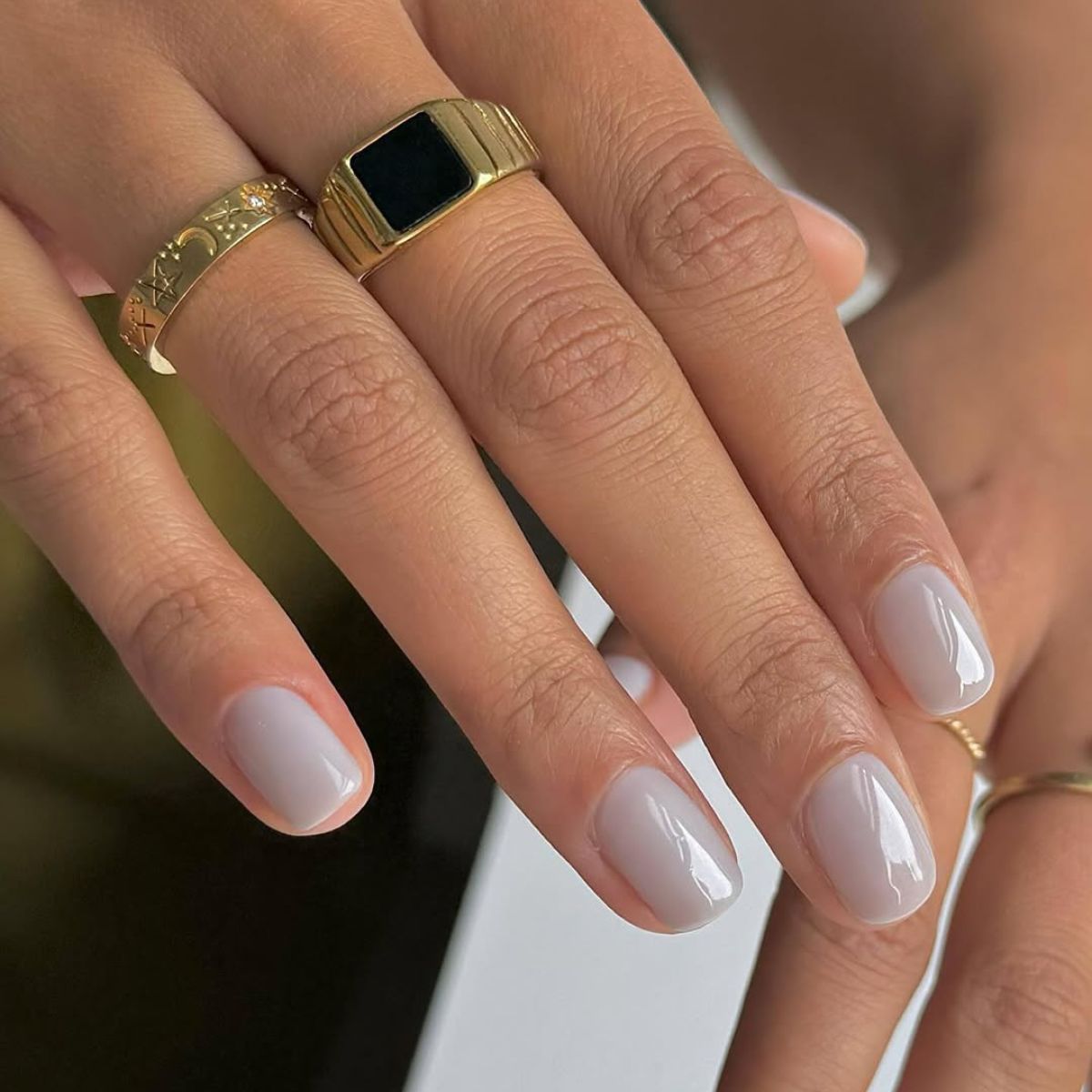 Confirmed: The Watery Nail Trend Is Set to Replace Milky Nails This Spring
Confirmed: The Watery Nail Trend Is Set to Replace Milky Nails This SpringSheer nails just got an upgrade.
By Jazzria Harris
-
 I'm an Expert in Nail Trends—These Are the 6 Nail Colors Everyone Will Be Wearing This Spring
I'm an Expert in Nail Trends—These Are the 6 Nail Colors Everyone Will Be Wearing This SpringFresh mani inspo.
By Jazzria Harris
-
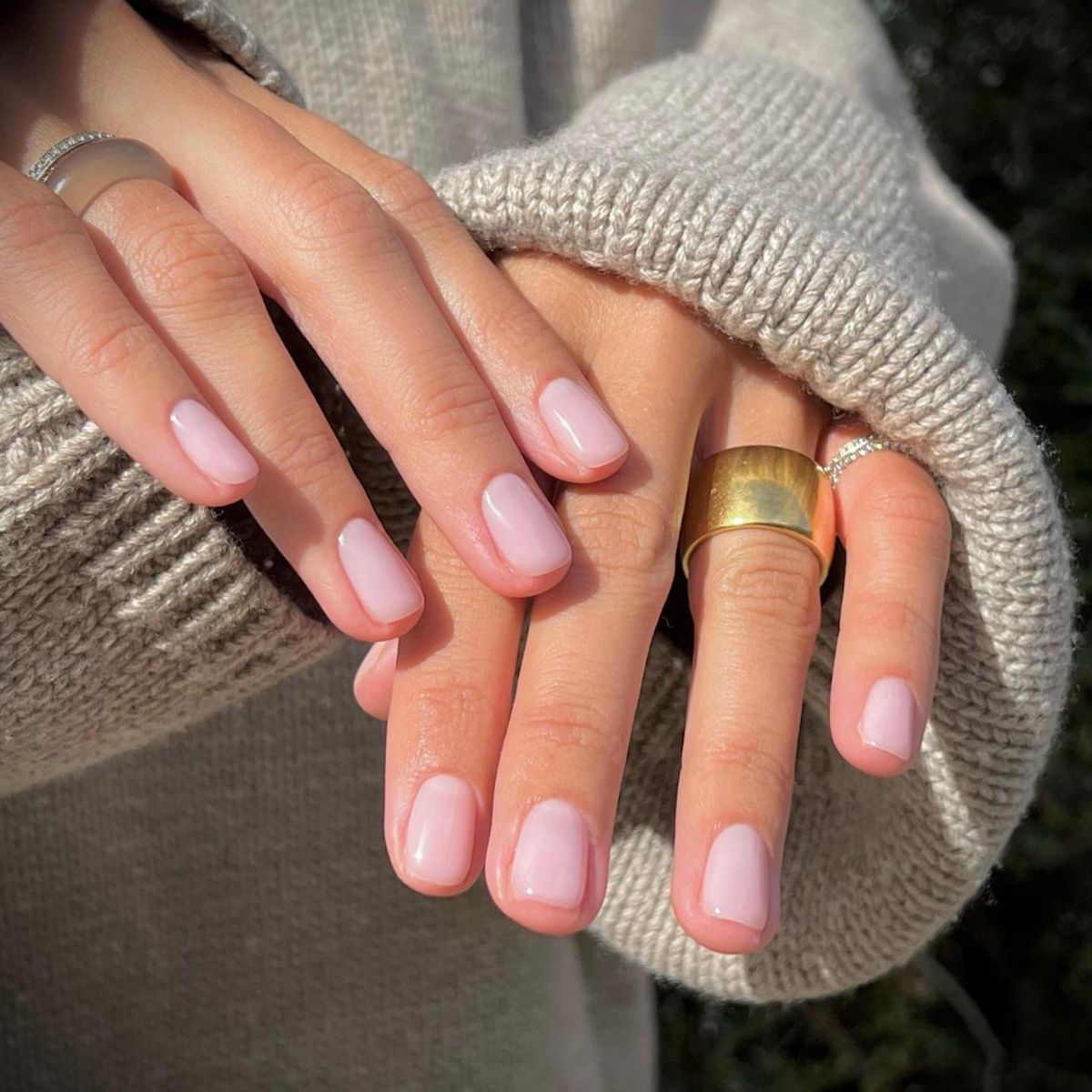 I'm Calling It: This Chic OPI Shade Will Be the Biggest Nail Polish Color of the Season
I'm Calling It: This Chic OPI Shade Will Be the Biggest Nail Polish Color of the SeasonNeutral nail lovers, rejoice!
By Grace Lindsay
-
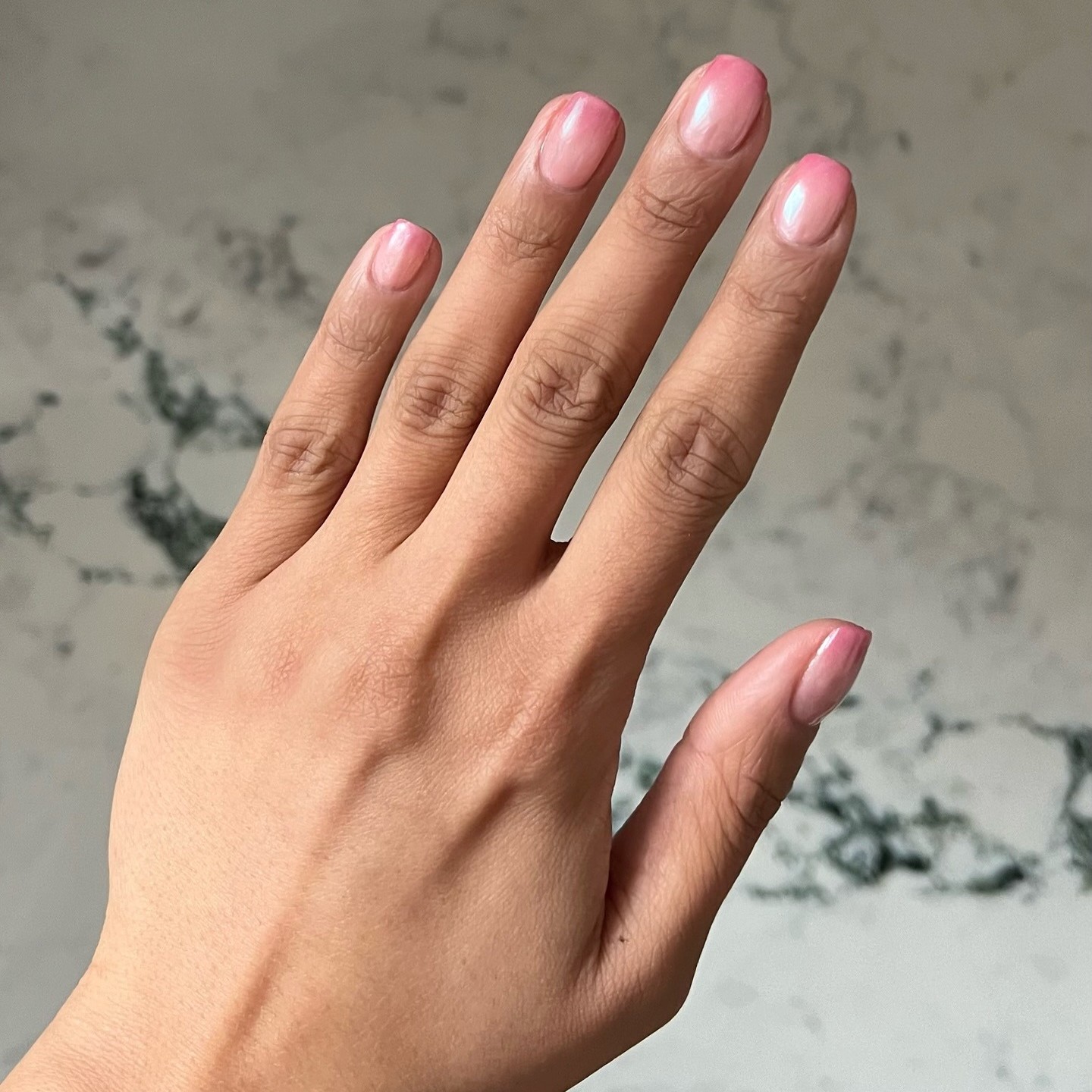 I Know Expensive-Looking Nails When I See Them, and I'm Swooning Over This "Candy Floss" Mani
I Know Expensive-Looking Nails When I See Them, and I'm Swooning Over This "Candy Floss" ManiI couldn't have screenshotted it any faster.
By Jamie Schneider
-
 Sydney Sweeney Just Cosigned Chocolate Croc Nails (Plus a Matching Corset) for Spring
Sydney Sweeney Just Cosigned Chocolate Croc Nails (Plus a Matching Corset) for SpringI'm officially copying it all season.
By Jamie Schneider
-
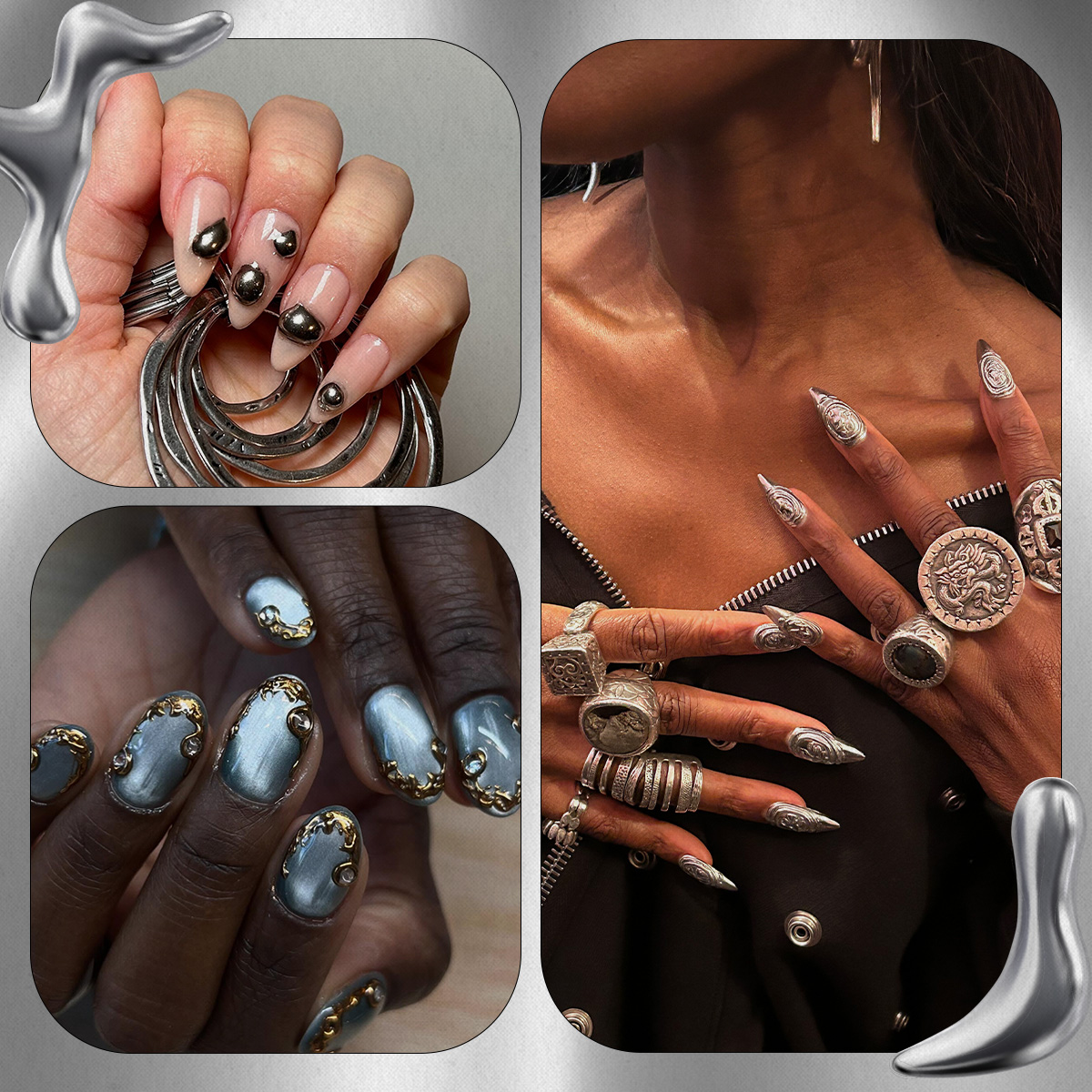 I'm Bored of Demure Manicures, so I Tried the Ornate Spring Nail Trend That's All Over Pinterest
I'm Bored of Demure Manicures, so I Tried the Ornate Spring Nail Trend That's All Over PinterestI can't get enough.
By Alyssa Brascia
